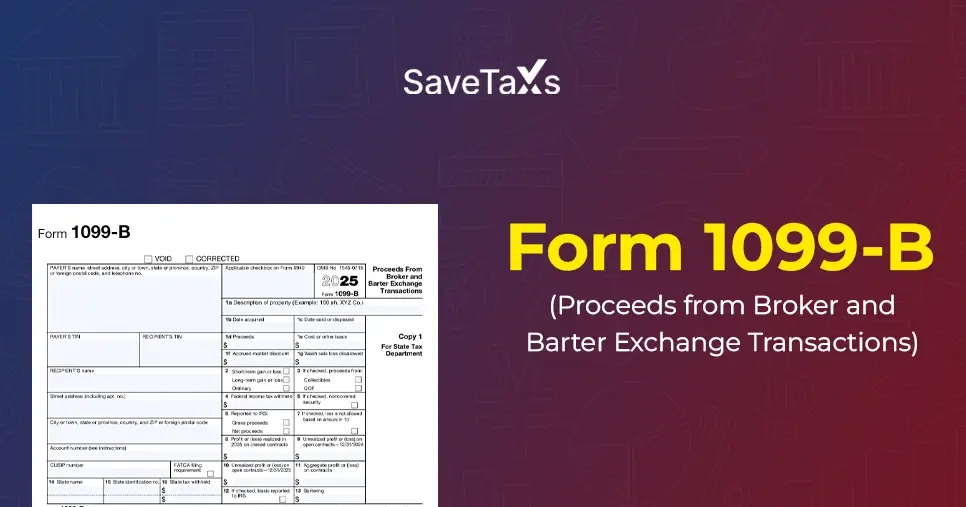
Want to read more?Explore Blogs
No matter what your source of income is, we've got you covered. There's a plan for everybody!
When returning to India, your tax status may change from NRI (Non-Resident Indian) to RNOR (Resident but not an Ordinary Resident) or ROR (Resident and Ordinary Resident). The tax status affects how foregin income, capital gains, and dividends are taxed.
You can get the accounts converted (NRE/NRO to resident savings account), repatriate funds, or open a resident foreign currency (RFC) account for holding back your foreign currency.
Yes, depending on your new residency status, the overseas income (dividends, capital gains, interests) can be taxable in India. However, the Double Taxation Avoidance Agreement (DTAA) helps to prevent double taxation.
Yes, in India, you would need a PAN, Aadhaar, and other documents updated or reissued as an Indian resident.
To do so, you have to follow the proper packaging/shipping norms, maintain valuations and invoices from the import.